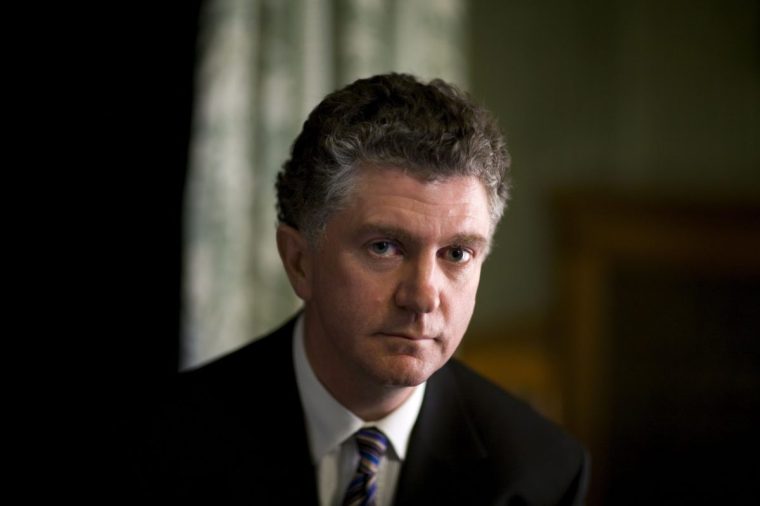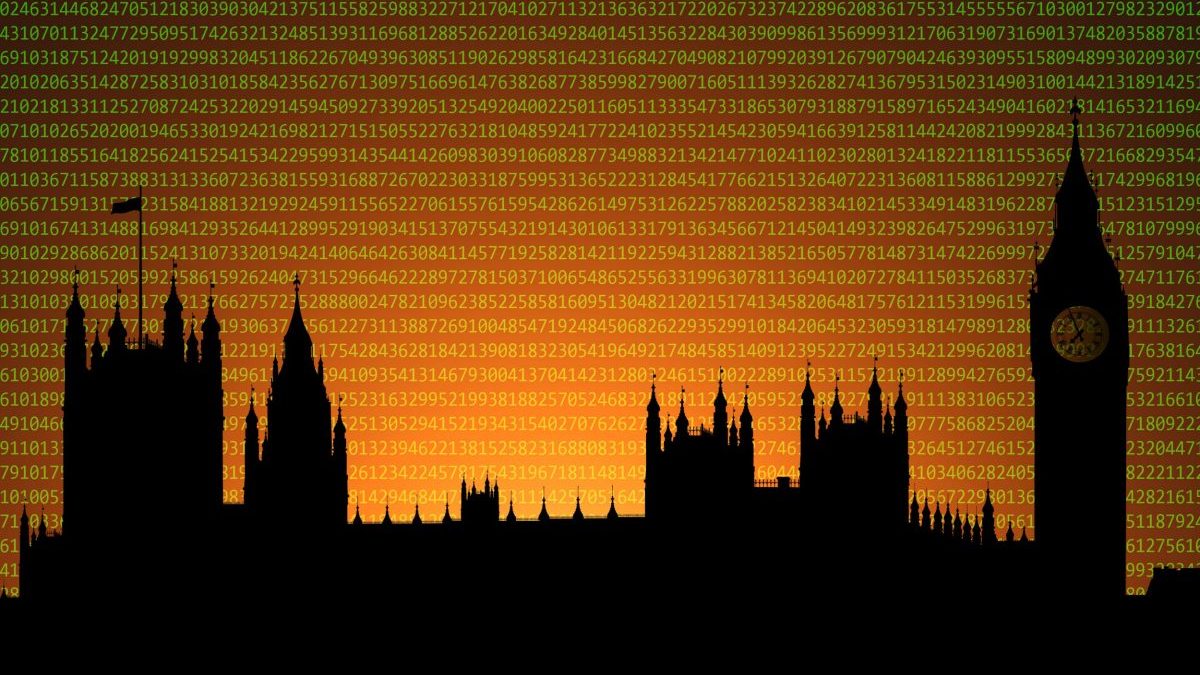Joint Committee on National Security Strategy chair accuses Government of undermining confidence in national security and establishing a ‘worrying precedent for side-stepping scrutiny’
A row has broken out over the Government’s willingness to allow scrutiny of its intelligence plans after denying a parliamentary watchdog of MPs and peers to question its National Security Adviser.
The Joint Committee on National Security Strategy (JCNSS) has had repeated requests for Jonathan Powell, appointed to the role in November, to give evidence denied by the Cabinet Office.
The chair of the committee has now accused the Government of “side-stepping” scrutiny and “undermining confidence” in the accountability of Britain’s national security apparatus.
Parliamentary committees have questioned every serving national security adviser since the role was created in 2010, but Pat Mcfadden, a senior Cabinet official, denied the committee’s requests on the grounds that Powell was employed as a special adviser rather than a civil servant, like his predecessors.
In a letter to JCNSS Chair Matt Western, Mcfadden said it was a “long-standing practice” that special advisers should not give evidence to select committees on behalf of government.
The Cabinet Office instead proposed sending the deputy national security advisers and Cabinet Secretary Sir Chris Wormald and suggested that Powell is happy to meet with the committee in private.
 National Security Adviser Jonathan Powell, a former diplomat, served as Tony Blair’s chief of staff before being brought back into No 10 by Keir Starmer last November (Photo: David Levenson)
National Security Adviser Jonathan Powell, a former diplomat, served as Tony Blair’s chief of staff before being brought back into No 10 by Keir Starmer last November (Photo: David Levenson)
Western said the move “undermines confidence” in UK national security and establishes a “worrying precedent for side-stepping scrutiny”.
He told The i Paper: “The Government’s decisions on national security affect all of us. One of the most important safeguards in this sensitive area is public accountability to Parliament – which ensures senior officials are held to account for getting the big calls right.
“I’m deeply concerned by the Government’s refusal to allow the National Security Adviser to give public evidence to the committee. This undermines confidence in the accountability of the security apparatus, and establishes a worrying precedent for side-stepping scrutiny.
“Events across the world show that we need to be vigilant in safeguarding the soft guard-rails of our democracy. The Government risks boxing itself into a difficult position with an unforced error of judgement.
“I urge the Government to change course as soon as possible.”
The Labour MP for Warwick and Leamington Spa is keen on hearing evidence from Powell on a number of issues currently being investigated by the committee, from the UK’s approach to national security to countering hybrid threats from Russia.
His comments come weeks after a separate parliamentary watchdog accused the Government of interfering with appropriate scrutiny of UK intelligence services.
In a rare public letter, the chair of the Intelligence and Security Committee (ISC) warned that “continued interference” from Cabinet officials was causing an “oversight crisis” within Government.
The ISC has statutory powers to hold the UK’s intelligence agencies to account, but its chair Lord Beamish accused the Government of having “comprehensively dismantled” safeguards around its independence.
He wrote: “The root of the problem lies in the control exerted over the committee’s staff and resourcing by the Cabinet Office – despite the committee overseeing substantive parts of the Cabinet Office.
“That, self-evidently, should not be the case. An oversight body should not sit within, and be beholden to, an organisation which it oversees.”
The UK’s national security adviser acts as the key adviser to the prime minister on security, intelligence, defence, and some foreign policy matters. They are based in the Cabinet Office and work across departments to advise on national security issues ranging from the UK’s approach to the war in Ukraine, to hybrid threats posed by hostile states, such as Russia, China, and Iran.
Powell’s appointment to the role in November raised eyebrows for a number of reasons. Firstly, due to his previous position as chief of staff under the former prime minister Tony Blair, and secondly because he was appointed as a special adviser and will not be a formal member of the UK’s National Security Council – a Cabinet Office committee chaired by the prime minister.
At the time of his appointment, the Conservatives said it was “disappointing the Government have appointed another Labour apparatchik to a senior role sidelining an experienced general”.
At the time, Kier Starmer said: “Jonathan has devoted his career to protecting the interests of the country, having served for 17 years as a diplomat in the Foreign Office and 10 years as chief of staff in No 10, and I am delighted to appoint him to this important role.”
A Government spokesperson said: “The Government is committed to having a productive relationship with the JCNSS, and providing the best support and evidence to help it in its important work.
“In line with long-standing practice, senior civil servants and ministers with national security responsibility will provide evidence to the JCNSS.”
